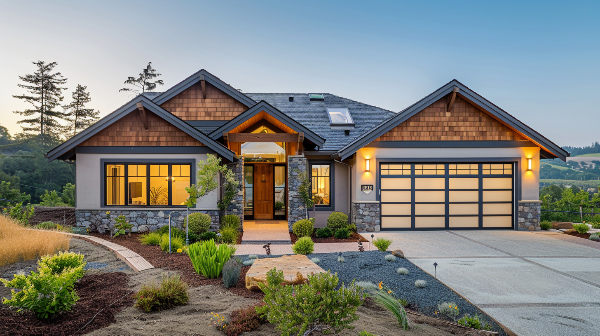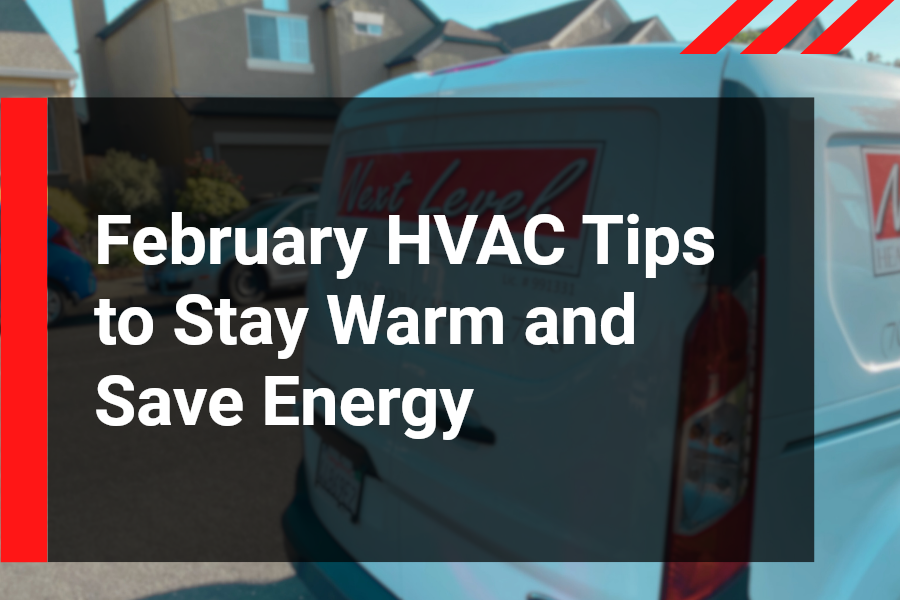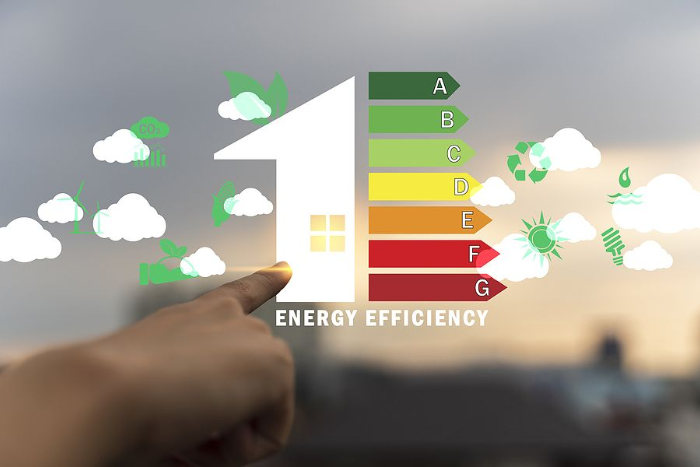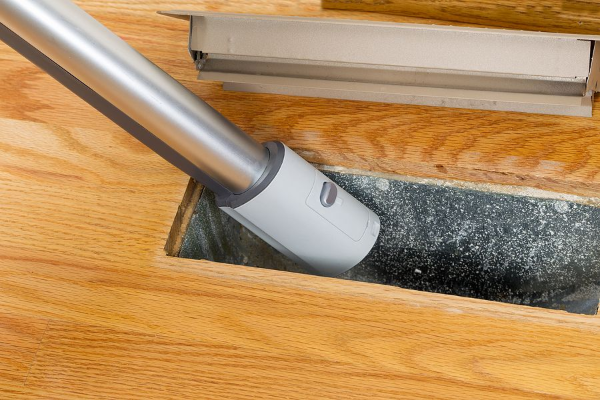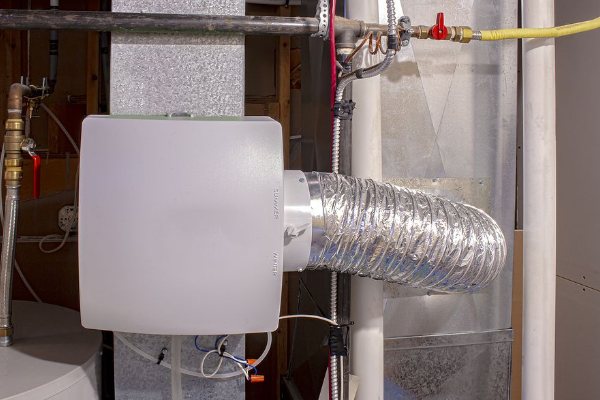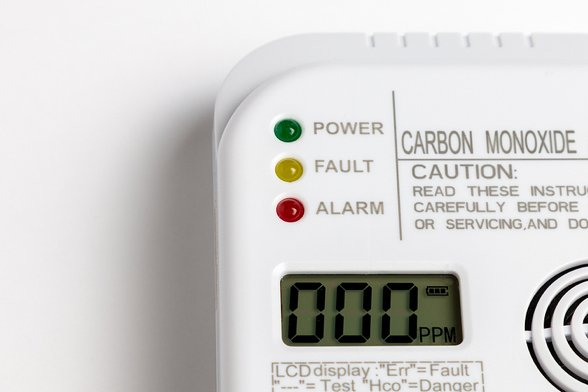Top Energy-Efficient HVAC Systems for 2025 Homes
If you're looking to reduce your home's energy consumption and lower utility bills, upgrading to an energy-efficient HVAC system is a smart move. With advancements in technology, 2025 offers a range of options that not only provide comfort but also contribute to environmental sustainability. This guide will help you understand the most efficient HVAC systems available today and how to choose the right one for your needs.
Understanding HVAC Efficiency Ratings
Before diving into specific systems, it's essential to grasp the key efficiency ratings:
- SEER (Seasonal Energy Efficiency Ratio): Measures cooling efficiency; higher SEER indicates better performance.
- HSPF (Heating Seasonal Performance Factor): Assesses heating efficiency in heat pumps; higher HSPF means more efficient heating.
- AFUE (Annual Fuel Utilization Efficiency): Applies to furnaces; represents the percentage of fuel converted into heat.
Look for systems with high ratings in these categories to ensure optimal energy savings. Understanding these ratings can help you make a more informed decision and maximize your investment in an HVAC system. It's also worth checking if your utility provider offers rebates for systems that meet specific efficiency criteria.
Top Energy-Efficient HVAC Systems in 2025
1. Ductless Mini-Split Heat Pumps
Ideal for homes without existing ductwork, ductless mini-split systems offer high efficiency and zoned comfort. They consist of an outdoor compressor and one or more indoor air-handling units. These systems allow you to control temperatures in individual rooms, reducing energy waste.
Additionally, ductless mini-splits often come with advanced filtration features that can significantly improve indoor air quality. If you suffer from allergies or asthma, this could be an added benefit to consider.
2. Geothermal Heat Pumps
Geothermal systems leverage the stable temperatures underground to heat and cool your home. Though the initial installation cost is higher, they offer significant energy savings over time and have a longer lifespan compared to traditional systems.
These systems are incredibly reliable, with underground components typically lasting over 50 years. Plus, they offer a quiet operation, making them ideal for homeowners who prioritize a peaceful indoor environment.
3. Variable-Speed Air Conditioners
Variable-speed AC units adjust their output to match the cooling demand precisely. This capability leads to consistent indoor temperatures, reduced energy consumption, and quieter operation.
Unlike traditional single-speed systems that frequently cycle on and off, variable-speed systems maintain a more even temperature, enhancing comfort while lowering humidity levels inside your home.
Choosing the Right System for Your Home
Choosing the right HVAC system starts with understanding your home’s needs. Climate is a major factor, as colder regions often benefit from geothermal systems or high-efficiency furnaces, while milder climates are well-suited for heat pumps that efficiently handle both heating and cooling. The size and layout of your home also play a role. Larger homes may gain more from zoned systems like ductless mini-splits, whereas smaller homes might be perfectly comfortable with a traditional single-stage system.
Budget considerations are equally important. High-efficiency systems generally cost more upfront but deliver substantial energy savings over time. Your home’s existing infrastructure matters too; homes with ductwork can often upgrade easily to a central system, while ductless mini-splits offer an efficient option for ductless homes. For the best results, it’s smart to consult a certified HVAC contractor who can recommend the ideal system based on a detailed load calculation tailored to your specific home.
Additional Tips for Maximizing Efficiency
- Regular Maintenance: Schedule annual check-ups to ensure your system operates at peak efficiency.
- Smart Thermostats: Integrate smart thermostats to optimize temperature settings based on your schedule and preferences.
- Proper Insulation: Ensure your home is well-insulated to prevent energy loss and reduce the workload on your HVAC system.
- Seal Leaks: Check for and seal any leaks in ductwork or around windows and doors to maintain indoor temperatures effectively.
- Upgrade Windows: If your windows are old or drafty, consider upgrading to energy-efficient models that provide better insulation.
- Utilize Ceiling Fans: Ceiling fans help distribute air more evenly throughout your home, reducing the strain on your HVAC system and improving overall comfort.
Take the Next Step Towards Energy Efficiency
Upgrading to an energy-efficient HVAC system is a worthwhile investment that pays off in comfort, cost savings, and environmental impact. Assess your home's specific needs, consult with HVAC professionals, and choose a system that aligns with your goals. If you're ready to improve your home's efficiency, contact us today to learn more about your options. With a high-efficiency HVAC system and a few simple energy-saving practices, you can boost comfort and save money year-round.

